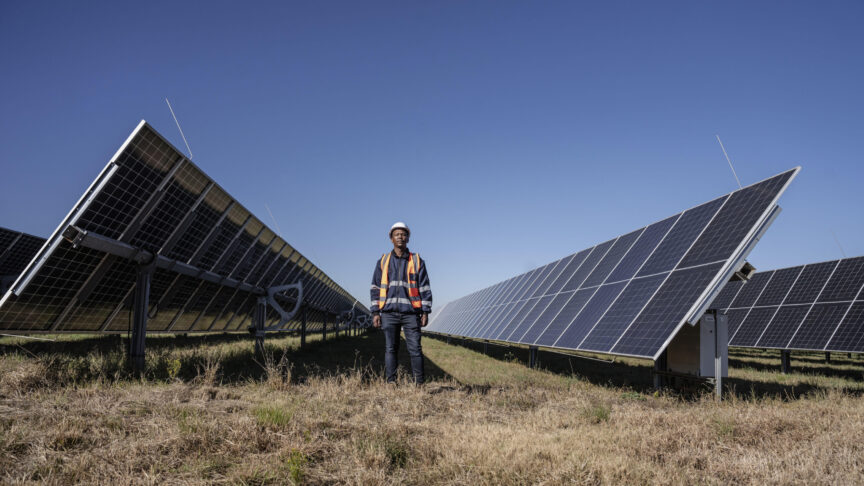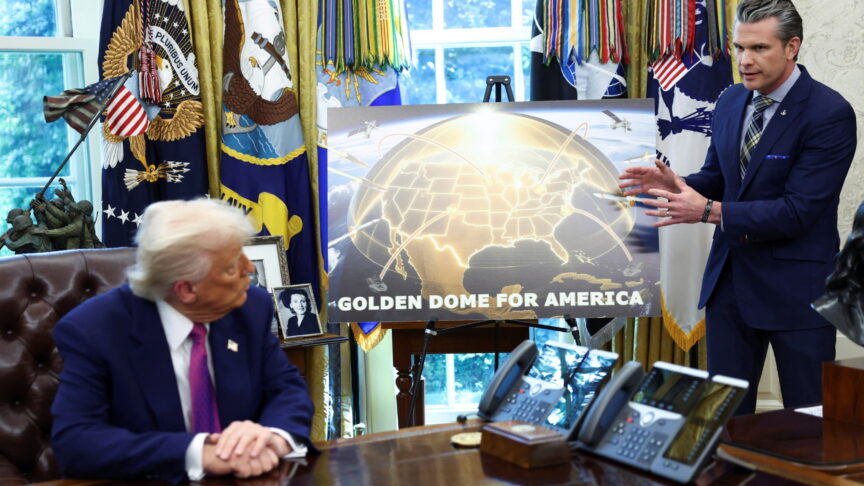Ukraine’s broadening horizons
Zelensky's visit to Turkey signals the growing importance of Turkish-Ukrainian relations
Last week, Volodymyr Zelensky made his first official trip to Turkey as Ukrainian president. Coming at a time of increasing cooperation between Ankara and Moscow, Zelensky’s decision to visit the country before Poland or even the United States reflects his awareness of the growing importance of Turkish-Ukrainian relations.
Despite their proximity to each other, Ukraine and Turkey largely ignored each other for many years: Kyiv was preoccupied with balancing its relationships with Russia and the West, while Ankara was focused on the Middle East. But this changed with the Russian annexation of Crimea in 2014, which brought the countries together through their shared interest in stabilising the Black Sea region. Neither could ignore the insecurity fostered by Moscow’s militarisation of the peninsula or the plight of the Tatar community who lived there.
During his meetings with Zelensky in Ankara, Turkish President Recep Tayyip Erdogan reiterated that Turkey had not recognised the annexation of Crimea and would never do so. This was possibly the most important single outcome of Zelensky’s trip – and, as such, was welcomed by Ukrainian diplomats and widely reported in the Ukrainian press. Even though it will almost certainly not lead to any Crimea-related Turkish sanctions on Russia, this statement of support was significant.
However, Kyiv would like its relationship with Ankara to become more strategically significant, going beyond support for Ukraine’s territorial integrity. The relationship has gradually moved in this direction in the last few years, with the sides engaging in greater cooperation on technology and military projects. Turkey has also supported Ukraine by providing it with humanitarian aid and helping it address its budget deficit. Erdogan likes to remind Ukrainian leaders – as he reminded Zelensky in Ankara – that he supports the Minsk process (designed to end the Russian-Ukrainian conflict) and that the OSCE Special Monitoring Mission to Ukraine has been headed by Turkish diplomats.
Another important part of Zelensky’s visit was the signing of a Turkish-Ukrainian business cooperation agreement. He also invited Turkish investors to participate in a Donbas reconstruction forum scheduled to take place in Mariupol in late 2019. The presidents also spoke about a pending free trade agreement between their countries – which is likely of great interest to a Turkey that faces daunting economic challenges, given that many analysts expect the Ukrainian economy to experience a recovery in the near future.
Turkey will probably avoid major investments in the reconstruction of Donbas
Zelensky also met with Patriarch Bartholomew of Constantinople, who was instrumental in granting autocephaly to the Ukrainian Orthodox Church. This created some continuity with the policies of Zelensky’s predecessor, Petro Poroshenko – for whom autocephaly was a major success. Building on Poroshenko’s legacy, Zelensky promised Bartholomew that he would protect the independence of the Ukrainian church.
Yet, despite all this, Ukraine and Turkey are unlikely to become close friends: Erdogan is simply too cosy with Zelensky’s chief geopolitical foe, Russian President Vladimir Putin. Partly due to Erdogan’s frequent trips to Russia, stories of his bromance with Putin abound. More substantively, Turkey has recently purchased S-400 air-defence systems from Russia and helped build TurkStream, a major pipeline owned by Russian energy firm Gazprom. Once completed, the pipeline will cross the Black Sea from Russia to Turkey, bypassing Ukraine. Thus, Zelensky may have visited Ankara out of fear that such cooperation will affect Erdogan’s desire to protect Ukrainian territorial integrity.
However, Turkey is unlikely to change its position on the issue, as this could lead to an irreparable breach with its Western partners. Despite its purchase of the S-400, Turkey is still part of NATO. And Ankara would be unwise to rely on its relationship with Moscow. As was clear in the major crisis between the sides in 2015-2016 – which followed Turkey’s decision to shoot down a Russian warplane that allegedly entered its airspace from Syria – the relationship has long been turbulent. Even if they quickly resolved that particular crisis, Turkey and Russia are, as my colleague Asli Aydintasbas recently noted, bound not by institutional ties but the more fragile bond of friendship between Erdogan and Putin.
The issue of the Crimean Tatars, a Turkic people, also complicates Turkish-Russian relations. Given that up to 7 million people of Crimean Tatar origin live in Turkey (estimates of the number vary widely), Erdogan feels obliged to defend those that are in Crimea. Aside from his need to appeal to this group of Turkish voters, he has deep historical reasons for distrusting Moscow on the issue. The Russo-Ottoman wars of the nineteenth century forced Crimean Tatars to flee south in large numbers. And, in the twentieth century, the Soviet secret police subjected Crimean Tatars to mass deportations to Central Asia over two days in March 1944.
In a recent interview with ECFR, the chairman of the Tatar Mejlis, Refat Chubarov, stated that 30,000-35,000 people, roughly half of them Crimean Tatars, have left Crimea since 2014. “It is a disaster”, he said. Many Crimean Tatars want to stay on the peninsula but suffer persecution there. Erdogan has recently been happy to take on the role of the protector of Turkic peoples around the world. Therefore, he wants to cooperate with Ukraine on the issue, including by aiding the large Tatar population in the country beyond Crimea.
In light of all these competing interests, it remains unclear whether Russia will try to derail Ukraine’s efforts to improve its relationship with Turkey. There was no major outcry in Moscow after Erdogan’s meeting with Zelensky. There have been a few routine complaints, as seen in Russian Senator Vladimir Dzabarov’s declaration that Crimea could only return to Ukraine if Russia ceased to exist. Some voices in Russia and Turkey have argued that, if Turkey wants to have a strategic partnership with Russia, it must recognise Crimea as Russian.
Yet, with Turkey highly unlikely to escalate the situation by imposing sanctions on Russia, the Kremlin will probably tolerate the status quo. Turkey will probably avoid major investments in the reconstruction of Donbas, as it knows that these would alarm Russia. Nonetheless, despite such limitations, the recent developments in the Turkish-Ukrainian relationship are important, not least because they mark another stage in Ukraine’s development as an independent state. The country has begun to move past its traditional preoccupation with the divide between the West and Russia, finally noticing an important partner to the south with whom it should establish new links.
The European Council on Foreign Relations does not take collective positions. ECFR publications only represent the views of their individual authors.


